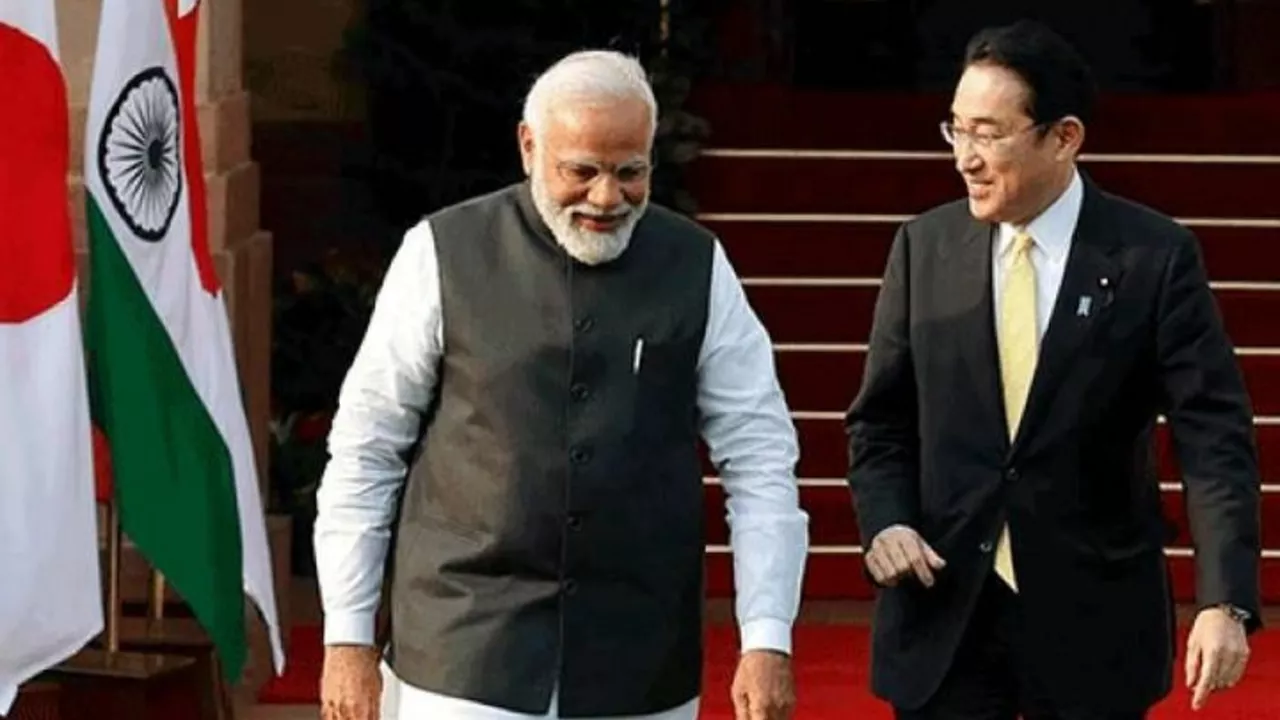Talks – Real Answers to Everyday Questions
Welcome to the Talks hub on Max Daily News. Here we bring you straight‑forward conversations about the stuff that matters to you every day – from how much a news anchor earns in India to what life is like in Nepal, and from paying for a life coach to the rhythms of Indian family life.
We keep it simple. No jargon, no fluff. Just real experiences, clear numbers, and practical takeaways you can use right now.
Money Talk: What Do News Anchors and Editors Earn?
If you’ve ever wondered how much a TV news anchor makes, the answer is around 4‑6 lakhs INR per month on average. Editors sit a bit higher, usually 5‑7 lakhs INR. These figures come from industry surveys and reflect salaries in major Indian newsrooms. It’s enough to cover a comfortable lifestyle in most cities, but remember that bonuses and perks can vary widely.
Thinking about a career in media? Keep in mind that experience, channel reach, and your on‑air presence play big roles in boosting that paycheck.
Travel Talk: Living in Nepal
Nepal isn’t just a travel stop; many people actually call it home. Living there means waking up to mountain air, spicy momos, and a community that welcomes strangers with tea. The cost of living is lower than in most Indian metros – rent for a one‑bedroom apartment in Kathmandu can be as low as 20,000 INR per month.
If you love outdoor adventure and cultural festivals, Nepal offers both in spades. Just be ready for occasional power cuts and the need to adapt to slower bureaucracy.
Self‑Improvement Talk: Paying for a Life Coach
Investing in a life coach can feel pricey, but many users say it’s worth it. A typical session costs anywhere from 2,000 to 5,000 INR, depending on the coach’s experience. The real value comes from personalized guidance that keeps you accountable and helps you set clear goals.
Before you sign up, ask for a trial session, check their track record, and make sure their style matches your personality. If the coach pushes you to act rather than just talk, you’re likely to see a return on your investment.
Family Talk: What’s Life Like in an Indian Household?
Family life in India revolves around togetherness. It’s common for three or four generations to share the same roof, which means celebrations are big and responsibilities are shared. Kids grow up with grandparents nearby, learning traditions early.
While this setup offers strong support, it can also mean limited privacy. The key is clear communication and respecting each person’s space. Festivals like Diwali become massive group events, reinforcing the bond.
These four topics are just a snapshot of the conversations happening under the talks tag. We update this page regularly with fresh Q&A, personal stories, and data‑driven insights. Bookmark it, come back often, and let us help you make sense of everyday questions.
Got a question you want us to cover? Drop a comment, and we’ll turn it into the next talk.

PM Modi talks Covid cooperation with Japanese counterpart?
In a recent discussion, PM Modi and his Japanese counterpart engaged in conversation about Covid cooperation. They focused on ways to strengthen ties and collaborate efforts in battling the ongoing pandemic. It was an enlightening dialogue, highlighting the importance of international cooperation in these challenging times. The leaders also discussed potential strategies to ensure public health and safety. As a blogger, I find such interactions to be crucial in our shared fight against this global crisis.
Read More